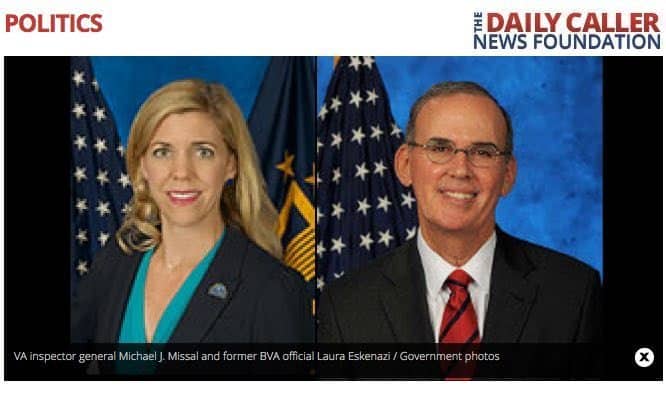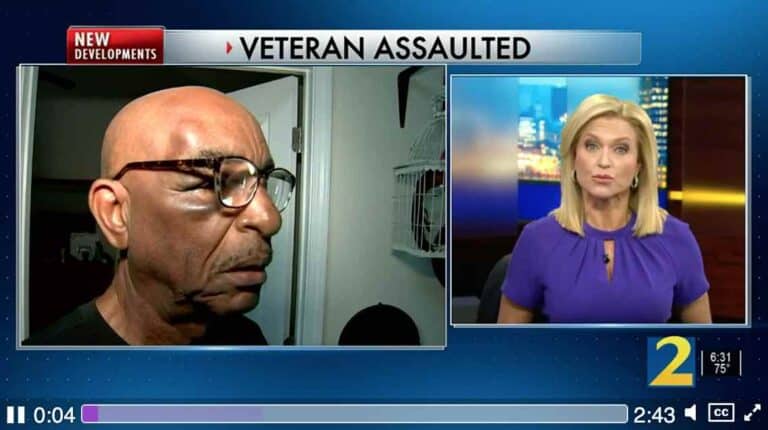Understanding Equitable Tolling: Impact of the Supreme Court’s Ruling on Veterans’ Claims
The Supreme Court’s recent decision in Arellano v. McDonough has significant implications for veterans seeking retroactive disability benefits. The ruling clarifies the application of equitable tolling to the one-year filing deadline for such benefits, impacting how veterans’ claims are processed.
Background of the Case
Adolfo Arellano, a U.S. Navy veteran, served from 1977 to 1981. After his discharge, he developed severe mental health issues, including post-traumatic stress disorder (PTSD), which he attributed to his military service. Due to his condition, Arellano was unaware of his eligibility for disability benefits and did not file a claim until 2011, approximately 30 years after his discharge. The Department of Veterans Affairs (VA) acknowledged his service-connected disabilities but set the effective date for his benefits as June 3, 2011—the date they received his claim—resulting in no retroactive benefits for the preceding three decades.
The Legal Question: Equitable Tolling
Arellano appealed the VA’s decision, arguing that the one-year filing deadline should be subject to equitable tolling due to his incapacitating mental health condition. Equitable tolling allows for the extension of filing deadlines in extraordinary circumstances where a claimant is prevented from filing on time. The central question was whether 38 U.S.C. § 5110(b)(1), which governs the effective dates of veterans’ disability benefits, permits equitable tolling.
Supreme Court’s Decision
On January 23, 2023, the Supreme Court unanimously ruled that the one-year timeframe for veterans to apply for retroactive disability benefits is a firm deadline not subject to equitable tolling. The Court held that Congress intentionally established specific effective dates for veterans’ benefits, indicating a clear intent to limit retroactive payments. Justice Amy Coney Barrett, writing for the Court, stated, “Congress chose a firm rule over a flexible standard.”
Implications for Veterans
This decision underscores the importance for veterans to file disability claims promptly after discharge to secure retroactive benefits. The ruling clarifies that, regardless of circumstances such as mental health conditions, the one-year filing deadline remains strict. Veterans who miss this deadline may still receive benefits from the date of their claim but will not be eligible for retroactive payments to the day following their discharge.
Congressional Considerations
In light of the Supreme Court’s decision, there have been discussions about potential legislative changes to address situations where a veteran’s disability impedes timely filing. Congress holds the authority to amend the statute to allow for equitable tolling in specific cases, thereby providing a safety net for veterans who, due to incapacitation, cannot meet filing deadlines.
Becoming Critically Aware …
So what does that all mean?
Don’t wait to file VA disability claims.
The Arellano v. McDonough ruling highlights the critical need for veterans to be aware of and adhere to filing deadlines for disability benefits. While the decision enforces strict adherence to the one-year rule, it also opens the door for potential legislative action to accommodate veterans facing extraordinary circumstances. Veterans are encouraged to seek assistance from veterans’ service organizations or legal counsel to navigate the complexities of filing disability claims promptly.
Stay informed with us for further updates on veterans’ benefits and legal developments affecting the veteran community.




Trump’s VA was a scam the day he took office the first time. He did nothing to discipline those terrible people at VA who denied care and abused veterans. A college degree doesn’t make someone God, but that’s what they feel like towards those people. The Veteran has no rights or recourse when iit comes to denial of care and abuse still to this day. Courts give these people super citizen status and let the executive get away with anything.
The problem with VHA and other agencies is that they do or don’t do whatever they want to do regardless of the actual budget, logic, reason, “service connection,” their mission, their duty, none of that matters when all is said and done. There’s no enforcement of any standard or law which changes on the whims of the half million people who work there. It’s absolutely insane and these agencies aren’t predictable or reliable.
The federal courts not getting involved with certain things that happen or that aren’t happening but should at the Veterans Healthcare Administration might serve to strengthen the government of the USA, but it doesn’t do democracy any flavors. Only serves to prop up the executive as an authoritarian political structure. Overall, that’s good to no one. So the courts aren’t doing the country a favor right now. Hundreds of suits dropping on the chaos manufacturer in the Whitehouse. It’s past time for suits to drop on the lawless entity that is the Veterans Healthcare Administration.
I left the VA, hopefully for good, around 2020… because of denial of care. They tried to act like they were doing something for my service connected condition, but it was not appropriate at all considering the severity of pain and the physical reality of the condition. So a left. Since then they’ve been given over a trillion dollars by Congress. I went there for quite a while so, they know who I am, what my condition is, and what I need done. Not one single letter stating anything but their scam organization was given over a trillion dollars since I left.
Political opposition to your healthcare can be found all over the VA. It’s not Congress. They give those charlatans hundreds of billions every time they turn around. There shouldn’t be one nanogram of denial of care. Instead, whole portions of the skeletal system they won’t attend to properly because of money. But they have the money… and the lawless denial of care warriors in there make plenty of it.
How about a ruling on VHA mental health insulting people and being inappropriate, then blaming the veterans mental health when they complain. Oldest trick in the book by the poor culture warriors in there.
With over 100 lawsuits being fired at the executive right now… now is a good time to stop talking and start suing. Don’t tell me we can’t find one single veteran who they’ve violated the law and fucked over at the Veterans Healthcare Administration. There are thousands upon thousands. Now is the time to go find you a case.